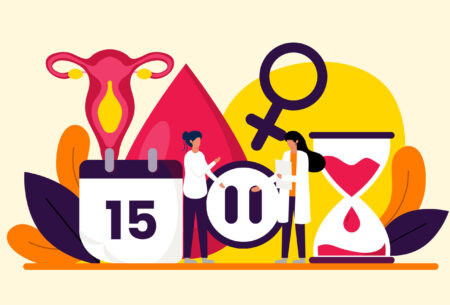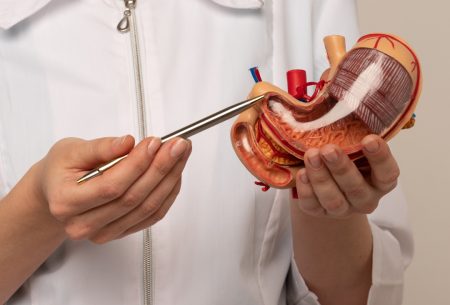Ever wondered whether your gut health influences premenstrual syndrome (PMS)? If you experience periods and find yourself feeling irritable, bloated or just not quite yourself in the days leading up to them, you’re far from alone. Up to half of women report some form of PMS, with more than 150 symptoms linked to it – from mood swings and anxiety to bloating, headaches and disrupted sleep.
Despite being incredibly common, the emotional and physical toll of PMS is often underestimated, misunderstood and overlooked. It can affect confidence, impact relationships, and interfere with daily life, sometimes without much awareness or appreciation from others. The good news? While there’s no magic fix, there may be more within your control than you think.
Emerging research suggests that what you eat – and how it supports your gut – could influence everything from mood to cramps. Let’s explore what the science says about the gut-PMS connection and if smarter nutrition might be part of the solution…
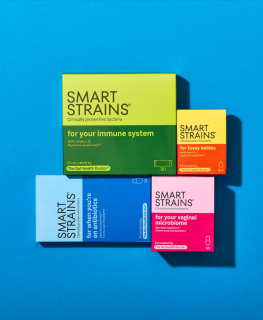








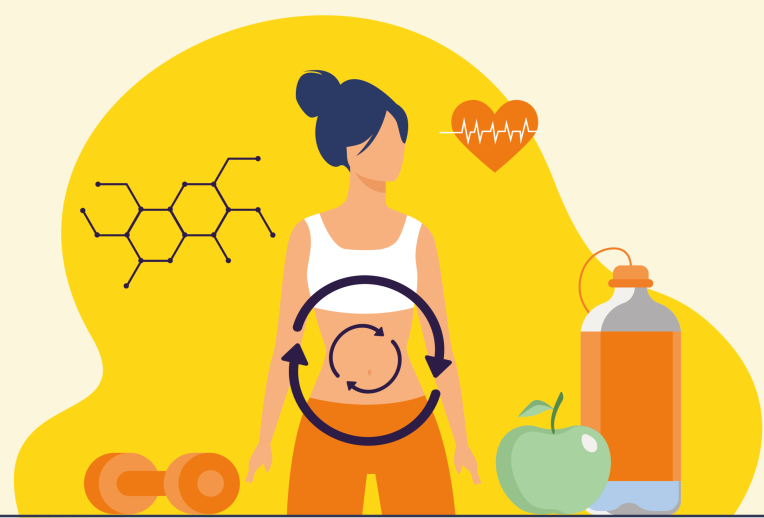
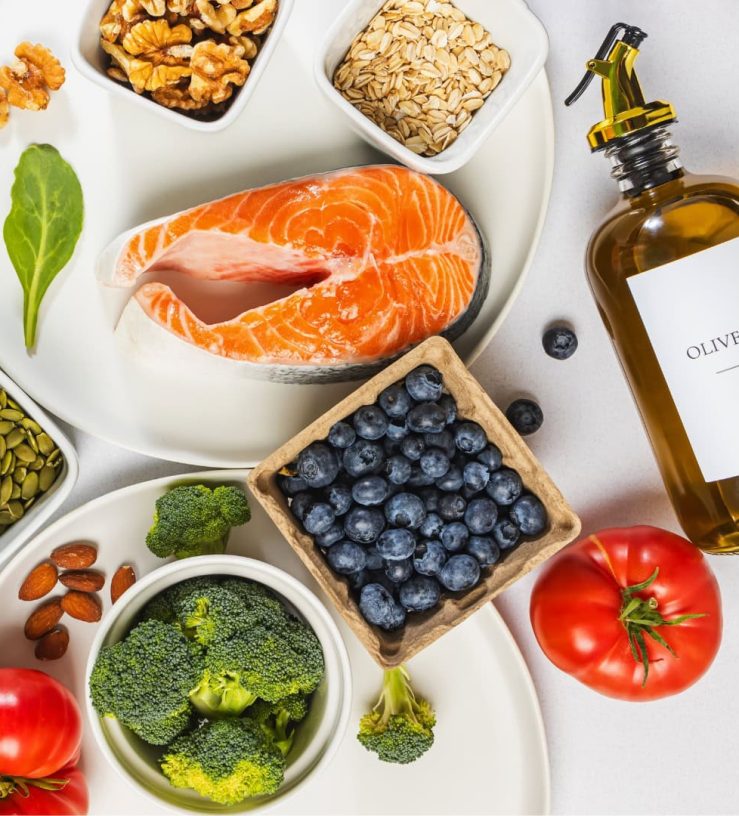
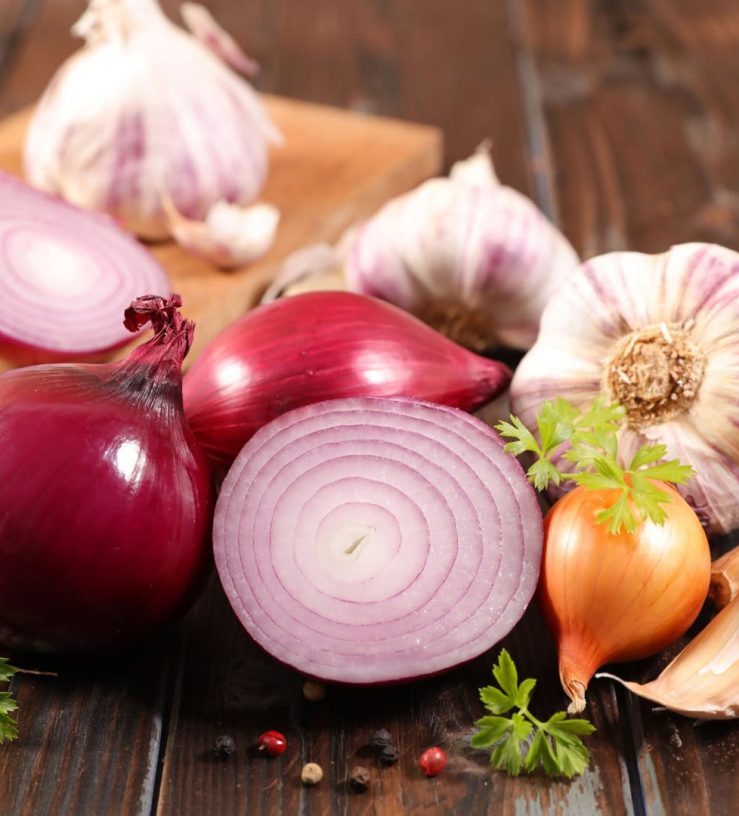


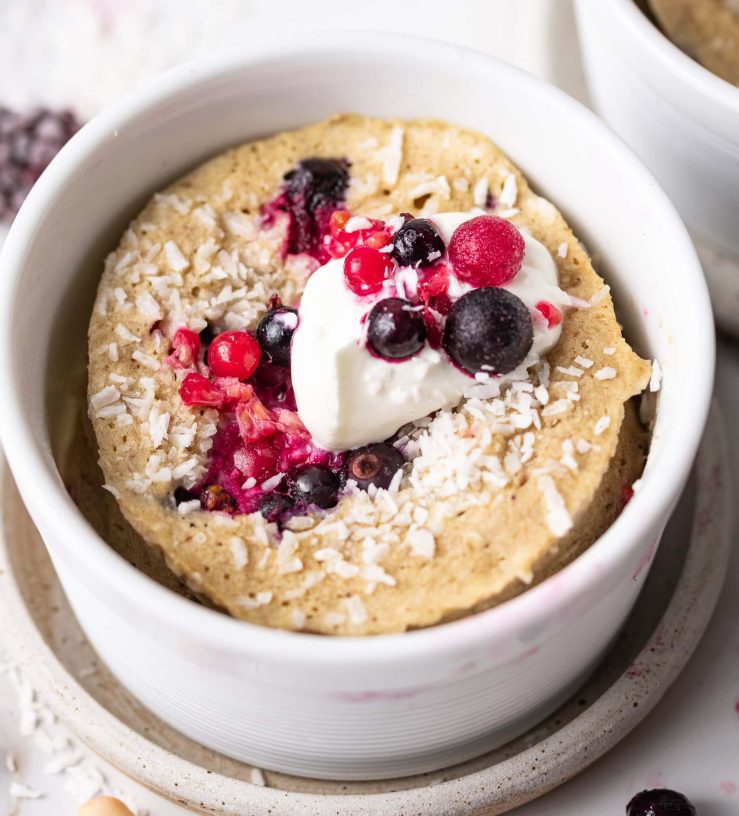
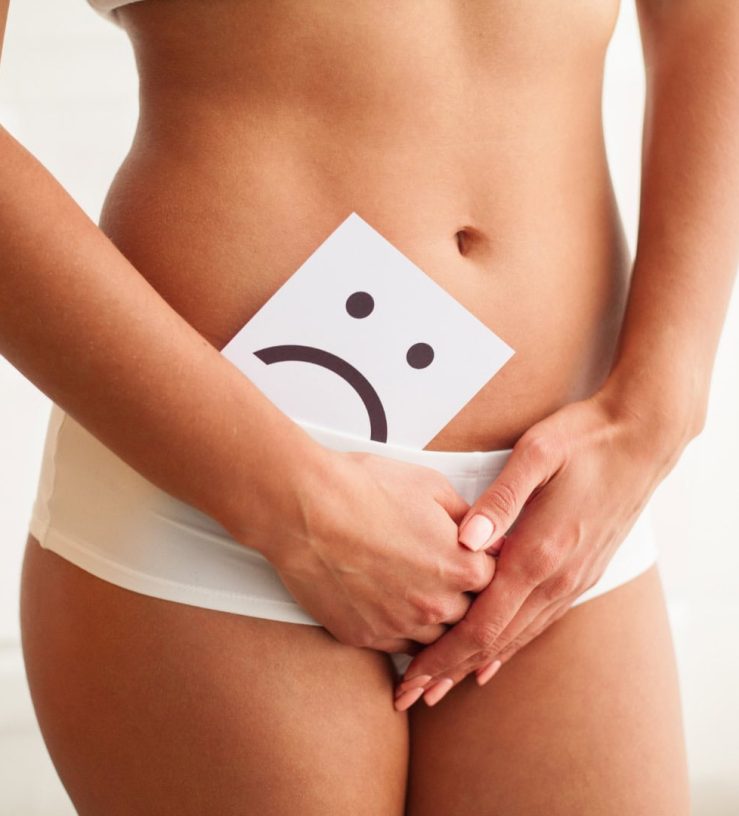
 1. Caffeine and alcohol
1. Caffeine and alcohol 2. Spicy and fatty foods
2. Spicy and fatty foods 3. Large meals
3. Large meals 4. High-FODMAP foods
4. High-FODMAP foods

